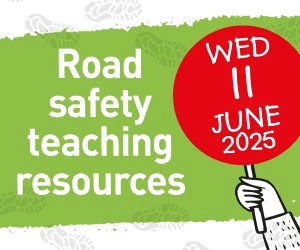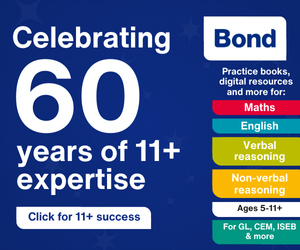Primary Times - the definitive what’s on and where to go family guide of activities and events for children of primary school age. Things to do with your kids during the school holidays including arts and craft activities, music and theatre for children, parties, competitions, days out, and family attractions along with term time drama schools, dance classes, after school clubs and sports activities. Things to do at a place near you!
A Lost Generation of Scientists? UK schools urged to do more to turn kids on to science
87% of parents feel children would be more engaged with science lessons if teaching used the most advanced technology
Science, technology and engineering are critical to the future of Britain and the wider world. However, as the new school year starts, Britain’s parents feel the next generation of scientists could be at risk if schools don’t keep up with technological and scientific advances, new research has found. The research quizzed parents of about current science lessons and their own memories of science at school.
An overwhelming 87% said they felt children would be far more engaged in science lessons if they incorporated the most advanced technology as learning tools. However, almost seven in ten (68%) believed schools aren’t keeping up with the latest available technical innovations.
While science subjects are becoming more popular at ‘A’ and GCSE levels – more than half a million pupils took GCSE science in one form or another this year – the government itself admits that only a handful of schools and colleges are taking steps to put technology at the heart of the classroom. Last month Education Secretary Damian Hinds called on UK and Silicon Valley tech firms to work with government and educators to provide support in this area [1].
At the same time, Ofsted’s Chief Inspector, Amanda Spielman, recently said science was being “squeezed out” of the curriculum in primary schools as teachers focused on preparing pupils for their Maths and English SATs.
So, how do we get more children interested in science at earlier ages? And how do we equip schools and teachers to make teaching of science more fun and engaging?
Companies such as the Bristol-based start-up, Interactive Scientific, believe they are part of the solution enabling children to grow up loving, not dreading their science lessons.
Their award-winning young CEO, Dr Becky Sage, says innovative cloud-based technologies like Nano Simbox – their immersive digital learning tool for visualizing molecular structures - lets students jump right into the world they are learning about, gives them the scientific skills for the 21st Century and prepares them for using science in the workplace.
Nano Simbox has so far been rolled out in 40 schools across the UK, China and Germany with the goal of 10,000 students using it by the end of 2018. The state-of-the-art science and technology that underpins the education tool is the same that is used in Interactive Scientific’s research tools in universities and pharmaceutical labs.
As part of Oracle’s Global Startup Ecosystem, Interactive Scientific are making the most of cloud-based technology to test, experiment and create this new type of ecosystem for science students and scientists around the world.
With fewer girls than boys choosing to study STEM subjects at secondary school and university and with just 14.4% of STEM jobs going to women in the UK, it’s hoped that the take up of high tech teaching tools in classrooms around the country will not just stimulate more children, but inspire more teenage girls to embrace science and perhaps also one day produce the next Marie Curie.
ADDITIONAL INFORMATION
[1] – https://www.gov.uk/government/news/new-technology-to-spearhead-classroom-revolution





